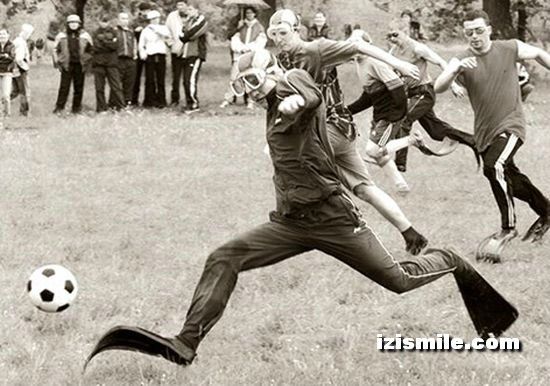TheGalen (a regular commenter here at DR) posted an article from Washington Post’s Wonkblog to my Facebook feed: The people have taken over American politics, and they hate it. He says it’s related to my earlier post (The Problem of Too Much Democracy), and he’s right.

The Wonkblog piece points out that easy access to information about voting has empowered motivated ideologues to outmaneuver the apathetic (and moderate) masses:
Politics is a niche hobby, not unlike mountain biking or playing the oboe. Only a small number actually follow the proliferation of political news; few send e-mails to members of Congress or volunteer for campaigns. So the opening of U.S. politics, [Stanford University political scientist Morris] Fiorina wrote, “had a perverse consequence: political power and influence were transferred to political activists who were not like most people.”
Fiorina writes that the perverse result of this takeover is that:
Against all natural expectations, Americans liked their government better, trusted their leaders more, and voted in higher numbers in the bad old days when party bosses chose nominees in smoke-filled rooms; when several dozen old white men (mostly Southerners) ran Congress, when big business, big labor and big agriculture dominated the interest group universe; and when politicians didn’t have the tools to figure out what their constituents wanted.
There is one question to raise, however. Were things actually better back then? Or were people just happier because they knew less? I believe that the latter played a large role, and that suggests that the solution is not to try and roll the clock backwards. Good thing, because that’s probably practically impossible anyway. Thinking positively, we can actually view the present discontent as potential. It’s true that it’s not just perception: politics really are more polarized and dysfunctional. That’s objectively bad. But I’d like to believe that with good, proactive reforms we can transition to a future where we keep the greater degree of informed voters but lose some of the dysfunction.
The problem is that the needed reforms are, I believe, mundane, boring things that don’t tend to inspire a lot of activist spirit. And–without a bunch of passion for a political cause–it’s unclear if they will ever succeed. But we can’t just sit idly by and do nothing while our once-great nation descends into a version of the Jerry Springer show with more expensive makeup and wardrobe, can we?
So I’m thinking about starting a third political party called The Boring Party. Who’s with me?
On a semi-serious note, I have been wondering if a third-party would be possible at the local and state level. I’d love to try and do some reforms in Virginia (my home state) to try out instant run-off elections and implement anti-gerrymandering reforms. I’d love to try and return the power to vote for national Senators to the state legislature, but I don’t think the 17th Amendment allows states to opt out. I was thinking of naming this new part “The Federalist Party” because federalism is an important reform, but folks might get confused with the actual Federalist Party from back in the day. (I would take George Washington and John Adams over Thomas Jefferson and James Madison, yes, but that’s not really the point.)